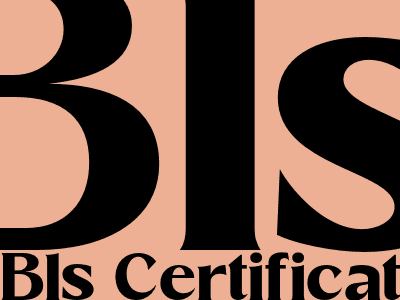
BLS Certification: A Valuable Asset for Healthcare Professionals
What is BLS Certification?
BLS stands for Basic Life Support, which is a certification that provides individuals with the knowledge and skills to respond effectively to cardiac and breathing emergencies.
BLS certification is a valuable asset for healthcare professionals as it enables them to provide life-saving interventions, such as CPR (cardiopulmonary resuscitation) and using an automated external defibrillator (AED).
Benefits of BLS Certification
Enhances Patient Outcomes
BLS-certified healthcare providers can respond promptly and appropriately to emergencies, improving patient outcomes and reducing the risk of death or disability.
Legal Protection
Many healthcare institutions require their staff to be BLS-certified. Certification provides legal protection by demonstrating that healthcare professionals have met the industry-recognized standard for emergency response.
Career Advancement
BLS certification is an essential credential for healthcare professionals seeking career advancement. It demonstrates commitment to professional development and enhances employability.
Who Needs BLS Certification?
BLS certification is recommended for all individuals working in healthcare settings, including:
- Doctors
- Nurses
- Paramedics
- Emergency Medical Technicians (EMTs)
- First responders
How to Obtain BLS Certification
There are several accredited organizations that offer BLS certification courses, including the American Heart Association (AHA) and the American Red Cross.
These courses typically cover the following topics:
- Recognizing and responding to cardiac arrest
- Performing CPR
- Using an AED
- Managing choking and other airway emergencies
After completing a BLS certification course, participants are required to pass a written and skills test to demonstrate competency.
Maintaining BLS Certification
BLS certification is typically valid for two years. To maintain certification, healthcare professionals must complete a recertification course within that timeframe.
Conclusion
BLS certification is a crucial component of the healthcare profession. It equips healthcare providers with the skills and knowledge to respond effectively to emergencies, enhancing patient outcomes, protecting against legal liabilities, and promoting career advancement.